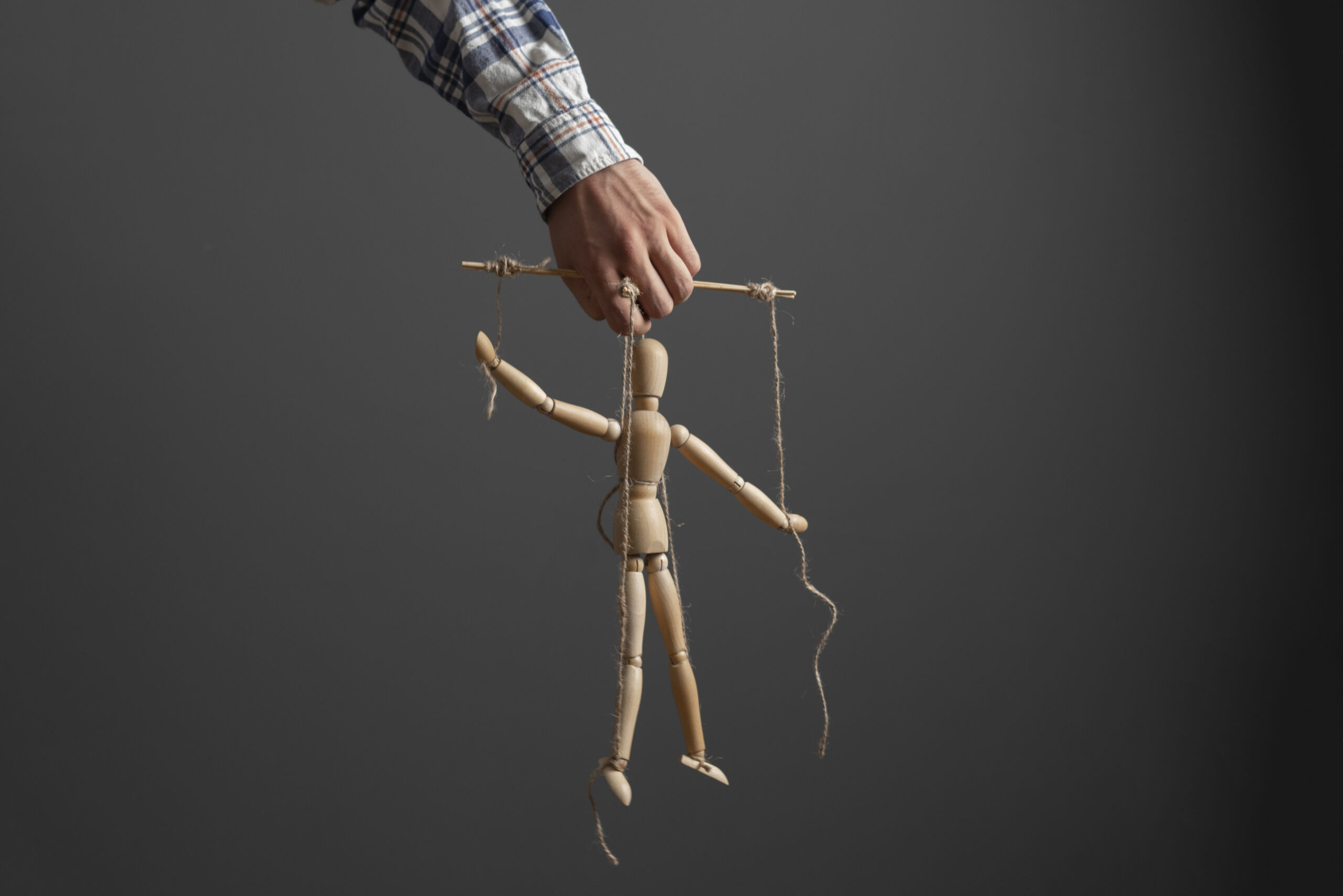We have all experienced relational conflict at one time or another, and probably said and done some things in the heat of an argument that were hurtful. But when does a person’s actions cross over to being emotionally “abusive”?
This can feel like a grey area for many, but there are some clear signs that indicate whether you are in an emotionally abusive relationship. Dr. Hawkins gives you 10 signs of an emotionally abusive relationship. If any of these ring true for you, we encourage you to check out the “Is It Abuse” section on our website where you can find more information on what abuse is.
10 Signs of an Emotionally Abusive Relationship
In a world where healthy relationships should uplift and empower us, it’s crucial to recognize the warning signs of emotional abuse. This subtle yet insidious form of mistreatment can leave lasting scars on our emotional well-being and self-esteem. Dr. David Hawkins, the director of the Marriage Recovery Center and the Emotional Abuse Institute, identifies ten significant signs that you might be in an emotionally abusive relationship. If any of these resonate with you, it’s time to take a closer look at the dynamics of your relationship and consider seeking support.
1. Lack of Safety in Expressing Concerns
One telltale sign of emotional abuse is the feeling that you cannot safely express your concerns to your partner. Instead of receiving empathy and understanding, you might face aggression, retribution, or stonewalling. This creates an environment of fear and mistrust, making open communication impossible.
2. Defensiveness and Anger in Conversations
If discussing issues with your partner consistently leads to extreme defensiveness, anger, or immediate shutdown, it’s a clear red flag. Emotional abusers often deflect blame and avoid taking responsibility for their actions, making healthy conflict resolution nearly impossible.
3. Disregard for Opinions and Feelings
In a healthy relationship, your opinions, feelings, and choices should be valued and heard. However, emotional abusers consistently undermine your thoughts, belittle your emotions, and dismiss your choices, leaving you feeling powerless and insignificant.
4. Feeling Disregarded and Invisible
Emotional abuse chips away at your self-worth, leaving you feeling disregarded, voiceless, and invisible. When you’re consistently invalidated and your presence feels insignificant, your self-esteem suffers, and you begin to doubt your own value.
5. Enraged Responses to Questioning
Healthy relationships encourage open discussions and the exchange of differing viewpoints. In emotionally abusive relationships, merely questioning or contradicting your partner’s words or actions can trigger intense rage or anger, making you fearful of expressing your thoughts.
6. Ignoring Likes, Dislikes, and Values
A lack of interest in your likes, dislikes, values, hopes, and desires is a hallmark of emotional abuse. Emotional abusers prioritize their own needs and wants while dismissing or disregarding yours, leaving you feeling unimportant and unseen.
7. Constant Fear and Walking on Eggshells
Emotionally abusive relationships often create an atmosphere of tension and unease. You might find yourself walking on eggshells, constantly trying to avoid displeasing your partner. This fear of disapproval or anger keeps you from expressing your true self.
8. Anxiety and Apprehension
Being around your partner may lead to heightened anxiety due to the fear of their disapproval or negative reactions. The emotional rollercoaster of emotional abuse can cause chronic stress, fatigue, and even insomnia, affecting your overall well-being.
9. Isolation and Loneliness
Emotional abuse can lead to a sense of isolation and loneliness, even when you’re physically present with your partner. The lack of genuine emotional connection and the inability to communicate openly can make you feel profoundly alone within the relationship.
10. Chronic Stress and Emotional Impact
The cumulative effects of emotional abuse can lead to chronic stress, symptoms resembling post-traumatic stress disorder (PTSD), and even complex PTSD. This emotional toll can have far-reaching consequences on your mental and physical health.
In conclusion, recognizing the signs of emotional abuse is the first step toward reclaiming your emotional well-being and setting healthier boundaries. If you resonate with any of these signs, it’s essential to seek support from friends, family, therapists, or support groups. Remember, a healthy relationship is built on mutual respect, empathy, and open communication, and you deserve nothing less.
To learn how we can help, reach out to us at (206) 219-0145 or info@marriagerecoverycenter.com to speak with a Client Care Specialist
Also read: Narcissistic Victim Syndrome
About Dr. Hawkins:
The internet is inundated with hyperbole and misinformation about narcissism, leaving many people confused and hopeless. Get the facts on narcissism and emotional abuse from someone who has been researching, writing about and treating narcissism and emotional abuse for over a decade.
Dr. Hawkins is a best-selling author and clinical psychologist with over three decades of experience helping people break unhealthy patterns and build healthier relationships.
He is the founder and director of the Marriage Recovery Center and the Emotional Abuse Institute which offers education, training and counseling for people who want to break free of, and heal from, emotional abuse. Whether the perpetrator of the abuse is your spouse, partner, parent, boss, friend or family member, we offer practical advice for anyone trapped in a toxic, destructive relationship.
In addition to narcissism & emotional abuse, you’ll learn about the lesser known forms of abuse, including covert abuse, reactive abuse, spiritual abuse, secondary abuse, relationship trauma and much more.








